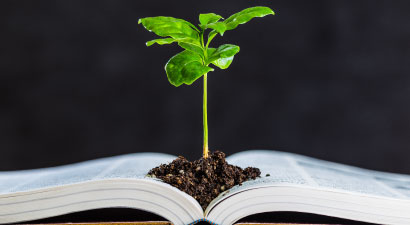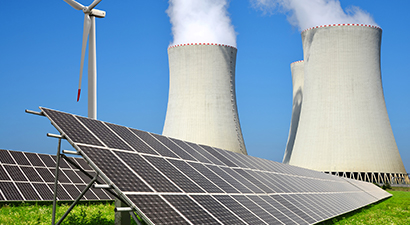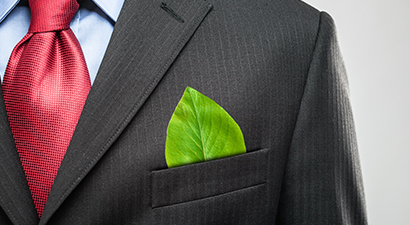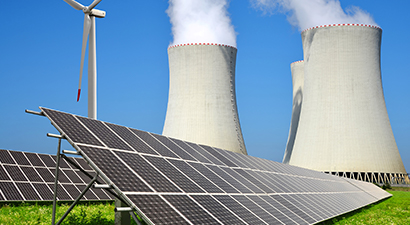South Africa's Nuclear Energy Plans: The Low Down
According to the Business Day last week, Eskom is forging ahead with nuclear procurement, despite the absence of an updated energy blueprint and defying the government’s directive of first signing power purchase agreements with independent power producers (“IPP’s”). There is disagreement between Eskom, the Department of Energy and other stakeholders over the timing and scale of new nuclear power and the role of IPP’s.
South Africa is the only country in Africa with a commercial nuclear power plant, with its first commercial nuclear power reactor began operating in 1984. Two reactors, located at the Koeberg nuclear power station, account for approximately 5% of South Africa's electricity production. Spent fuel is disposed of at Vaalputs Radioactive Waste Disposal Facility in the Northern Cape.
Government commitment to the future of nuclear energy is strong, with firm plans for further 9600 MWe progressively in the next decade. Financial constraints are severe, however, and if you remember, construction of a demonstration pebble bed modular reactor was cancelled.
The Department of Energy officials are currently deliberating over a draft Integrated Resource Plan, which sets out the country’s long-term energy needs and models the technology solutions. Eskom Group Generation Executive, Matshela Koko, stated that Eskom recommends “delaying the publication of the resource plan until after the nuclear procurement is completed so that the real prices put forward by bidders can be used in the modelling.” He is, however, determined to start the tender process before the end of 2016 in the absence of the plan. Writing in Business Report on Wednesday, Koko said that Eskom aimed to have the first two nuclear reactors built and operational by 2026. The reactors will deliver between 2,400MW and 3,200MW depending on the vendor chosen for the bid.
Nuclear does require high initial capital expenditure for construction but, operationally, nuclear offers one of the cheapest sources of electricity, rendering it more favourable than any fossil power generation.
According to the World Nuclear Association: Electricity consumption in South Africa has been growing rapidly since 1980 and the country is part of the Southern African Power Pool (SAPP), with extensive interconnections. Total installed generating capacity in the SAPP countries is 54.7 GWe, of which around 80% is South African, mostly coal-fired, and largely under the control of the state utility Eskom.






